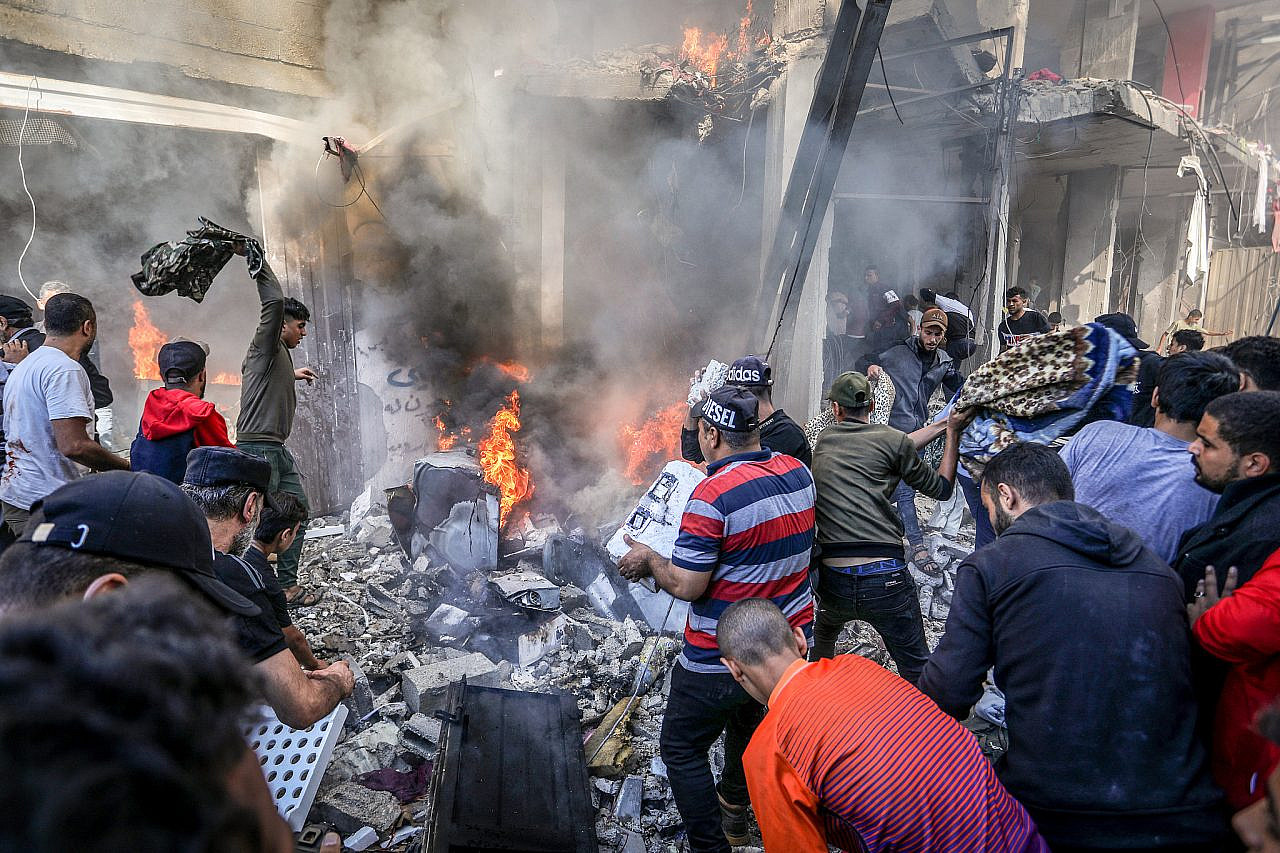 In the accounting of what was won and lost in America’s Iraq war, this sleepy farming town deep in the western desert will rank as a place where almost everything was lost.
In the accounting of what was won and lost in America’s Iraq war, this sleepy farming town deep in the western desert will rank as a place where almost everything was lost.
It was here, on Nov. 19, 2005, that a group of Marines went on a shooting spree in which 24 Iraqi civilians were killed. Their patrol had been hit by a roadside bomb and one of their comrades was dead. They ordered five men out of a taxi and gunned them down. Then they went into three nearby homes and shot 19 people, including 11 women and children.
On those facts, U.S. and Iraqi accounts agree. On just about everything else — why it happened, whether it was justified and how it was resolved — they do not.
And in those dueling perceptions, over the killings in Haditha and others nationwide, lay the undoing of the U.S. military’s hopes of maintaining a long-term presence here. When it came to deciding the future of American troops in Iraq, the irreconcilable difference that stood in the way of an agreement was a demand by Iraqi politicians for an end to the grant of immunity that has protected on-duty U.S. soldiers from Iraqi courts.





 The United States will mark the 84th anniversary of the Japanese attack on the U.S. naval...
The United States will mark the 84th anniversary of the Japanese attack on the U.S. naval... In 2021, a book titled “The Human-Machine Team: How to Create Synergy Between Human and Artificial...
In 2021, a book titled “The Human-Machine Team: How to Create Synergy Between Human and Artificial...:focal(1285x1016:1286x1017)/https://tf-cmsv2-smithsonianmag-media.s3.amazonaws.com/filer_public/d1/4e/d14ed238-3b62-4506-9f53-fc2178dade60/nov2025_d17_prologue.jpg) In the fall of 1945, a bit more than six years after Nazi Germany invaded Poland...
In the fall of 1945, a bit more than six years after Nazi Germany invaded Poland... The last plane carrying U.S. forces left Afghanistan on Monday, meeting an Aug. 31 deadline to withdraw...
The last plane carrying U.S. forces left Afghanistan on Monday, meeting an Aug. 31 deadline to withdraw...






























